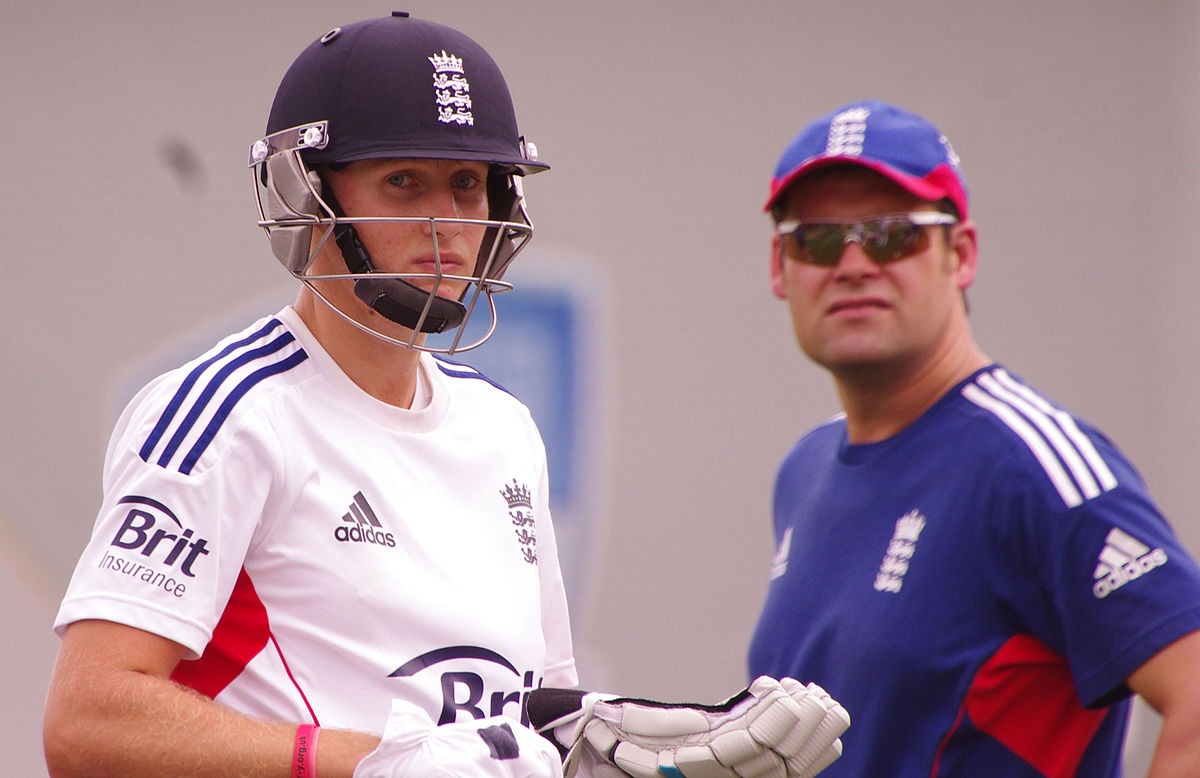West Indies’ arrival marks cricket’s road to resumption
As news filtered through that the West Indies cricket team had landed in Manchester for their three-match series against England, an odd feeling of hope spread among the cricketing community. When cricket shut down its season you wouldn’t have been a pessimist to suggest that there would be no cricket until the winter tours, yet now I would be surprised if we don’t see a ball bowled in Southampton on 8 July.
Dark financial clouds still loom large for the ECB and many county clubs, but for the moment we might be able to bask in the sun of some test cricket.
The three Tests will be played in Southampton and Manchester at stadiums with adjacent hotels so that matches can be played in “bio-secure” bubbles. Some laws have been amended to accommodate the current climate, first among these is that players will no longer be able to use saliva to affect the condition of the ball. Though this may offer an advantage to the batsmen, neither batting line-up is infallible, and with the use of sweat still being permitted, we will hopefully see a good contest between bat and ball.
As well as a ban on saliva, the policy of using neutral umpires has been waived, with teams being allowed an extra DRS review to make up for it. While temporary, this change is not exactly unwelcome, after all five of the 12 members of the ‘elite panel’ of umpires are either English or West Indian. A spate of inconsistent umpiring in the Ashes series last summer had already renewed calls for the abandonment of neutral umpires, so this is not an unwarranted change.
There are stirrings of conversation on the cricket itself
The most controversial change has been the introduction of ‘coronavirus substitutes’. In theory they work as concussion substitutes, with an affected player being replaced with the nearest like-for-like replacement. However, it is as yet unclear what happens if first slip starts showing symptoms. If he has spent all day standing in the slip cordon, does that mean the entire cordon should be withdrawn as a precaution? Hopefully this won’t go beyond the hypothetical, but it is still a point of concern.
With all these provisos in place, there are stirrings of conversation on the cricket itself. England named a group (not squad) of 55 players who are now back in training and under consideration for all formats this summer. Such a large group is sensible to avoid injuries, especially among fast bowlers, and allow for rotation and possible coronavirus substitutes. As uncertainty surrounds the upcoming T20 World Cup in Australia, it is hoped that England will prioritise players for their test squad.
England will face a significant headache if captain and leading batsman Joe Root misses some matches for the birth of his second child. In this situation Ben Stokes would ably deputise as captain, but replacing Root’s batting consistency will be more difficult. Perhaps Joe Denly could move down to four, allowing a top order of Burns, Sibley, and Crawley. Yet this top order would lack experience, and Denly has yet to convince as a true test batsman, averaging 30 from his 14 tests. The bowling is a little simpler, Anderson and Broad will take the new ball, supported by Stokes and one out of Wood, Archer, or Woakes. Leach will surely return as the spinner, having been unlucky not to play as much in South Africa.
We can actually harbour some hope for competitive and enjoyable test cricket
The past two series between England and the West Indies have been competitive. England won 2-1 when the Windies last toured England in 2017, while in 2019 the Windies won 2-1 in the Caribbean. Windies batsmen Blackwood and Hope both return to England, having made good runs in the 2017 tour, and England will certainly have some memory of being rolled for 77 when they played in Barbados in 2019. This all goes without mentioning Jason Holder, the West Indian captain who is at the top of the all-rounder rankings for test cricket. With all this in mind, we can harbour some hope for competitive and enjoyable test cricket.
Above all, it is a welcome change to quibble over trifles such as who should keep wicket for England (Ben Foakes), rather than hope cricket will survive intact. Credit must go to the West Indian players and staff who have elected to tour, a difficult decision no doubt. The West Indies are the first international sports team to arrive in the UK during this time, so Holder is not wrong to say that the tour is “a huge step forward in cricket and in sports in general.”

Comments